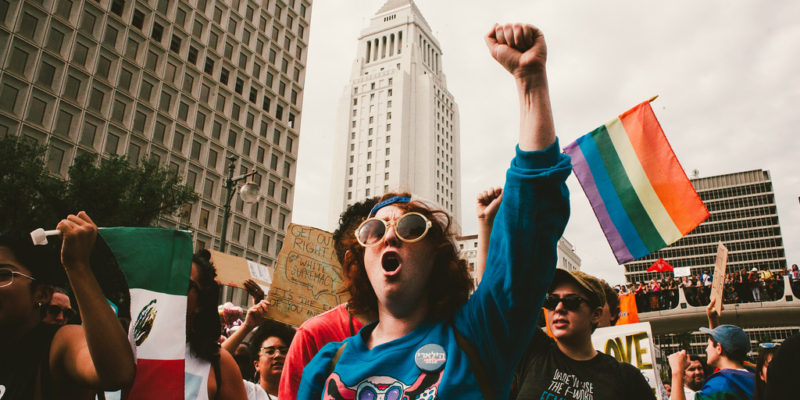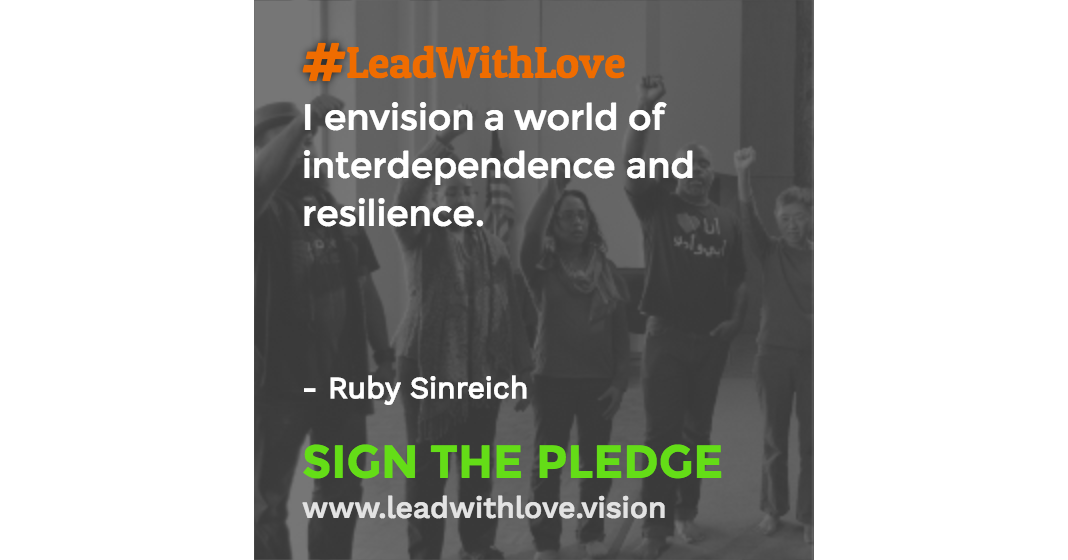Best wishes to everyone putting your hearts and bodies on the line at women’s marches and other demonstrations in your towns, states, and country because we believe a better America is still possible.
Blessing for the Women’s March
By Erika A. Hewitt (Unitarian Universalist minister)
May you be safe.
May you be free from all harm.
As the road or skies carry you toward your fellow pilgrims,
may you sense the presence of those who travel with you in spirit,
whose hopes and hearts are tucked into your pockets,
who name your journey’s purpose as sacred.
May you encounter strangers-as-kindred,
and may that recognition of kinship bring joy to your journey.
Whether the faces in the crowd number in the dozens, hundreds, or thousands,
may you not only recognize yourself,
but may you also witness a dazzling tapestry of colors, languages, genders, ages, and bodies:
proud testament to and humbling display of our human family.
May the crowds be gentle, friendly, and patient.
If not, may the Spirit of Playfulness appoint you its momentary agent.
May you offer quiet praise for gestures of kindness.
May all bodies — vessels of spirit and soul — be treated as the gift that they are.
May the sturdiest of marchers make space for those who need more time,
more help, or a different means of moving.
May those bearing snacks share generously with others.
May you fuel yourself wisely, and hydrate.
In your hour of need, may you easily find a restroom,
and may it accommodate your body’s gender, size, and abilities.
May the line for the restroom be short.
If not, may you delight in the impulse to connect in ways mundane and profound.
Amid the heady flurry of selfies and hashtags,
may you remember the commitment that led you there,
and what will be required for the road ahead.
Gather it all up, blessed one; let it feed you.
Allow the crowds’ electric thrum to seep into you,
knitting itself into courage;
into holy boldness;
into fuel for the journey back, and for the journey forward.
http://www.uua.org/worship/words/blessing/blessing-womens-march



